From Prepping to Relaxing: How to Prepare for Acupuncture
Acupuncture is an ancient practice that has been used for centuries to promote healing and wellness. Originating in China, this traditional Chinese medicine involves the insertion of thin acupuncture needles into specific points on the body to stimulate the flow of energy and restore balance. Whether you are a first-time acupuncture patient or have experienced it before, it is essential to prepare yourself for the session to ensure maximum benefits. In this guide, we will explore everything you need to know about how to prepare for acupuncture.
Table of Contents
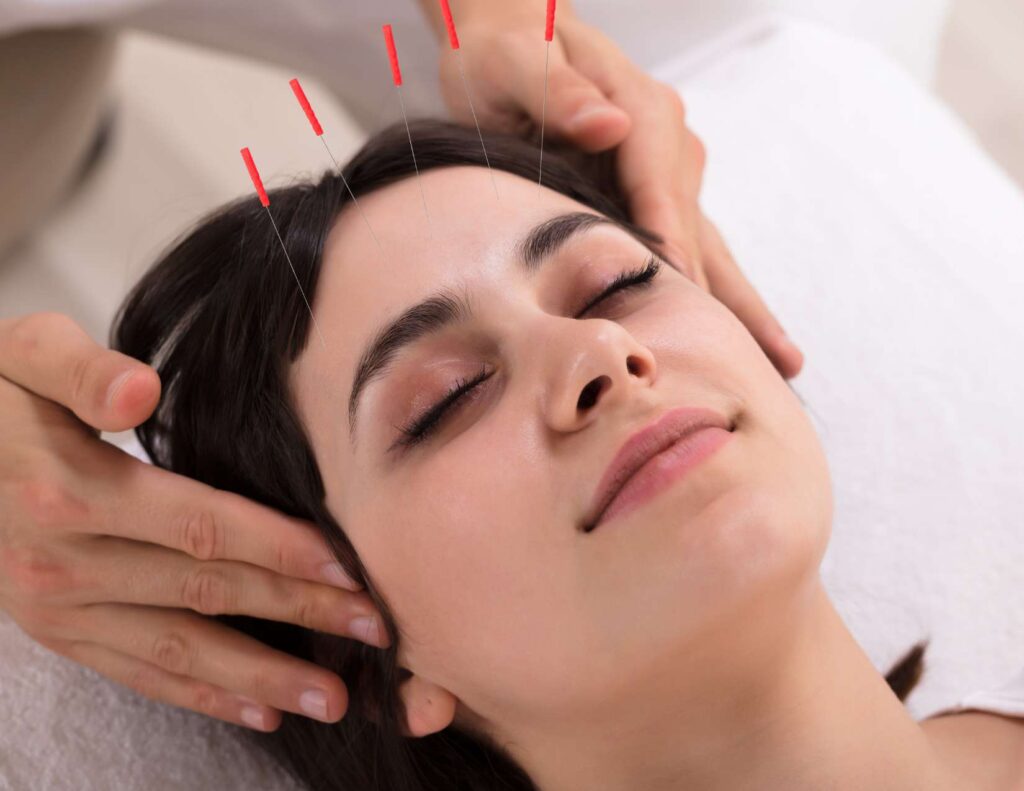
What to expect during an acupuncture session
Before delving into how to prepare for acupuncture, let’s briefly discuss what you can expect during the first acupuncture treatment. Upon arrival at the clinic, you will be greeted by a licensed acupuncturist who will conduct a first appointment initial assessment. This assessment will involve discussing your chief complaint, medical history, any current issues or concerns, and your goals for the session. Once the assessment is complete, the acupuncturist will discuss a treatment plan and begin the treatment.
During the treatment, you will lie comfortably on a table while the acupuncturist inserts thin, sterile single use needles (not hypodermic needles) into specific points on your body. You may feel a slight sensation or a gentle prick as the needles are inserted, but it is generally painless. The needles will remain in place for around 20 to 40 minutes while you relax and allow the treatment to take effect. After the session, you may feel a sense of relaxation and rejuvenation.
Why preparation is important for acupuncture
Learning how to prepare for acupuncture for the first time is crucial for several reasons. Firstly, whether you are going to boost your fertility or getting acupuncture for a pinched nerve, it allows you to get the MOST out of your treatment. By taking the time to prepare mentally and physically, you can enhance the effectiveness of the acupuncture session and improve your overall well-being. Secondly, preparation helps you feel more relaxed and comfortable during the session. Acupuncture is a holistic practice that involves both the mind and body, so being in the right state of mind and having a relaxed body can make a significant difference in the healing process.
How to prepare for acupuncture – mentally
Preparing yourself mentally for an acupuncture session involves creating a calm and positive mindset. One effective way to achieve this is through meditation or deep breathing exercises. Taking a few minutes each day to sit quietly and focus on your breath can help reduce stress and anxiety. Visualizing a successful and beneficial acupuncture session can also contribute to mental preparation. By envisioning the positive effects of the treatment, you can cultivate a sense of excitement and anticipation.
Additionally, it is essential to have a clear understanding of why you are seeking acupuncture. Whether it is for pain relief, stress reduction, or overall wellness, reminding yourself of your intentions can help you stay focused and motivated throughout the process. Finally, consider setting realistic expectations. While acupuncture can provide remarkable benefits, it is not a magic cure-all. Being aware of what acupuncture can and cannot achieve will help you approach the session with a balanced perspective.
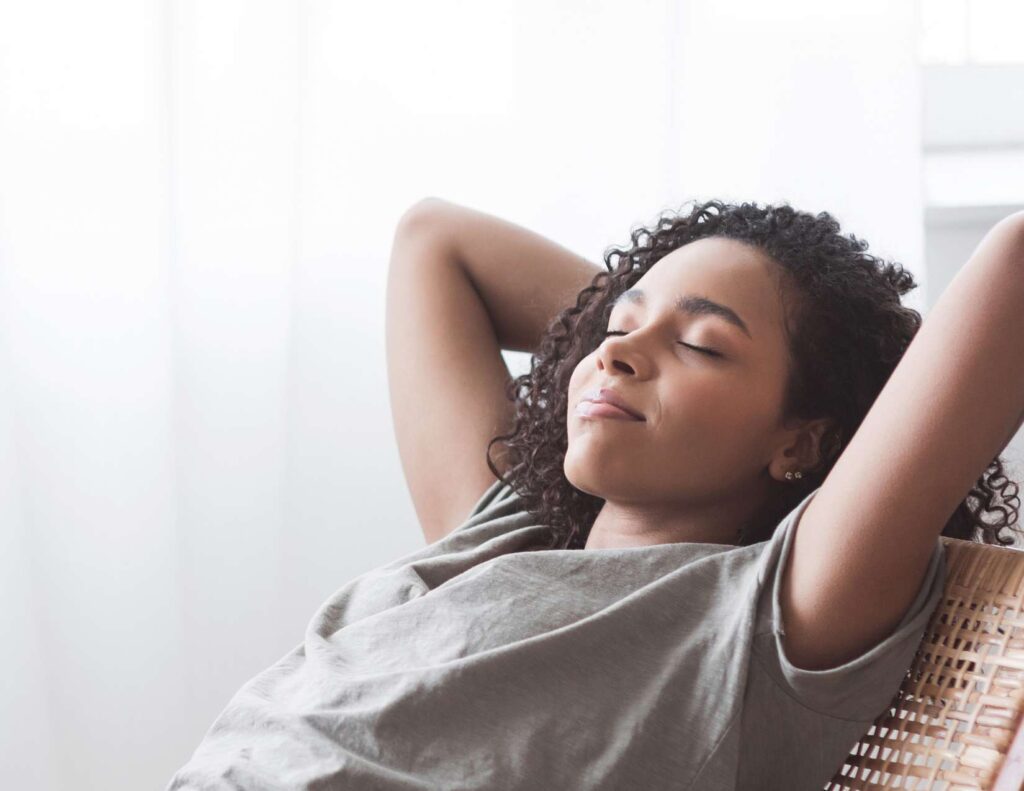
How to prepare for acupuncture – physically
In addition to mental preparation, physical preparation is equally important for a successful acupuncture session. One of the key aspects of physical preparation is ensuring that you are well-rested. Getting a good night’s sleep before your appointment can help you feel more relaxed and receptive to the treatment. It is also advisable to avoid consuming alcohol or caffeine on the day of your session, as these substances can interfere with the body’s natural energy flow.
Another physical aspect to consider is your level of physical activity. It is generally recommended to avoid strenuous exercise or intense physical activity immediately before and after an acupuncture session. This is because vigorous exercise can increase blood flow and make it more challenging for the acupuncturist to accurately assess your body’s energy flow. Instead, opt for gentle exercises such as walking or stretching to maintain a balanced energy level before your appointment.
Dietary considerations before acupuncture
Your diet plays a significant role in your overall health and well-being, and it can also impact the effectiveness of acupuncture. It is advisable not to arrive with an empty stomach. But, to have a light meal or snack before your acupuncture session to ensure that you have enough energy. However, avoid consuming heavy meal or greasy foods that may cause discomfort during the treatment. Opt for fresh fruits, vegetables, and lean proteins to nourish your body without overwhelming your digestive system.
Additionally, it is essential to stay hydrated before and after your acupuncture session. Drinking plenty of water helps maintain the flow of energy throughout your body, making it easier for the acupuncture practitioner to access the necessary points. It’s a good idea to aim to drink at least eight glasses of water a day, and increase your intake on the day of your appointment. Avoid excessive caffeine or sugary drinks, as they can dehydrate your body and hinder the effectiveness of acupuncture.
Hydration and acupuncture
Hydration is a crucial factor in preparing for acupuncture. Proper hydration ensures that your body is in an optimal state for the treatment. When your body is well-hydrated, it allows for better circulation, making it easier for the acupuncturist to access the acupuncture points. It also helps the body eliminate toxins and promotes overall well-being.
To ensure you are adequately hydrated before your acupuncture session, make it a habit to drink water throughout the day. Carry a reusable water bottle with you and sip on water regularly. Herbal teas and infused water can also be a great way to increase your fluid intake. Remember to avoid excessive caffeine or sugary drinks, as they can have a dehydrating effect on the body.
What to wear for an acupuncture session
Choosing the right attire for your acupuncture session is essential to ensure your comfort and ease during the treatment. It is advisable to wear comfortable and loose clothing that allows the acupuncturist easy access to the necessary acupuncture points. Avoid wearing tight or restrictive clothing that may hinder the insertion of the needles or cause discomfort during the session. Additionally, consider wearing layers, as the temperature in the treatment room can vary.
It is also important to note that certain acupuncture points may be located on the arms, legs, or back. Therefore, wearing comfortable clothing that can be easily rolled up or down will make the process more convenient. By wearing appropriate attire, you can relax and fully enjoy the benefits of acupuncture without any unnecessary distractions or discomfort. Depending on the area that needs to be needled, you may be asked to change into a gown or shorts if it’s not easily assessible.
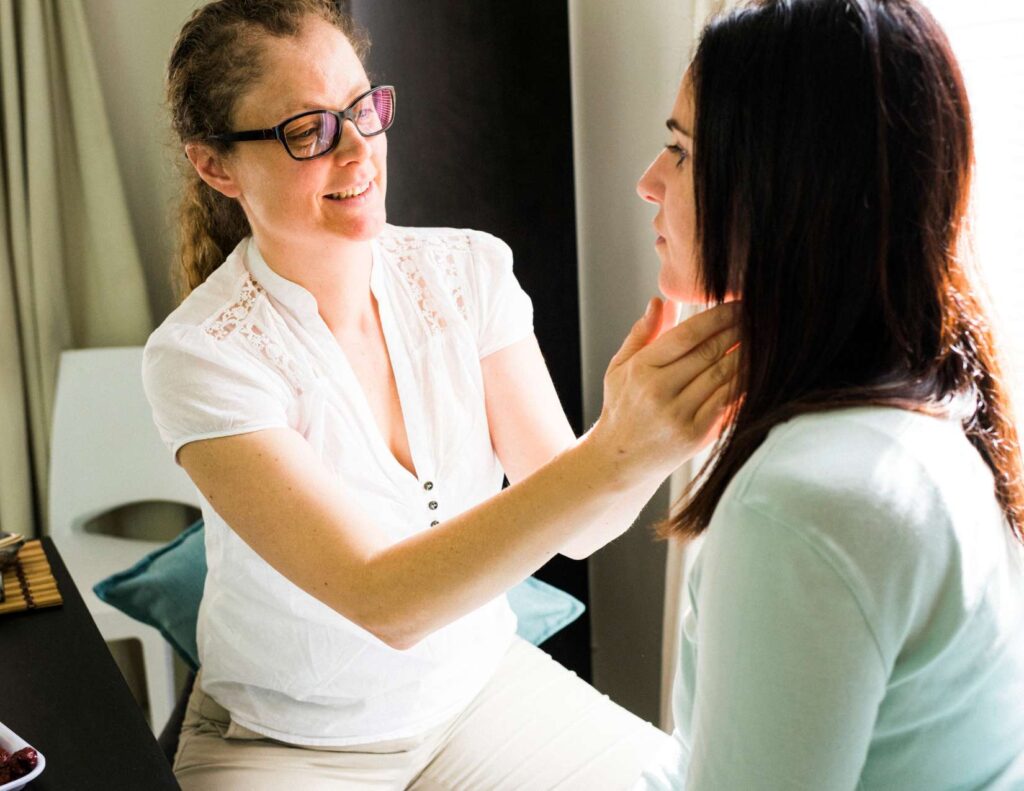
Arriving early and relaxation techniques
Arriving early for your first acupuncture appointment can significantly contribute to your overall experience. By giving yourself some extra time, you can avoid feeling rushed and allow your body and mind to settle into a relaxed state. Use this extra time to practice relaxation techniques such as deep breathing exercises or meditation. Find a quiet and comfortable space in the waiting area or outside the clinic where you can focus on centering yourself and letting go of any tension or stress.
Once inside the treatment room, the acupuncturist will guide you through various stress relief techniques during the session. These may include gentle music, dimmed lighting, or aromatherapy. It is important to communicate with the acupuncturist if you have any specific preferences or concerns regarding these relaxation techniques. By working together, you can create a soothing and calming environment that enhances the effectiveness of the acupuncture treatment.
Final tips on how to prepare for acupuncture
As you prepare for your first acupuncture session, keep in mind these final tips to ensure a smooth and enjoyable experience. Firstly, communicate openly with your acupuncturist. Share any concerns, questions, or expectations you may have. A good acupuncturist will listen attentively and address your needs accordingly. Secondly, consider bringing a journal or notebook to jot down any thoughts, feelings or side effects that arise during or after the session. This can help you reflect on your experience and track any changes or improvements in your well-being.
Lastly, remember to be patient and open-minded. Acupuncture is not western medicine where there is a “pill” for a certain disease. It is a holistic practice that works gradually to restore balance, change the flow of qi “chi” and promote healing. Results may not be immediate, and it may take several sessions to experience the amazing benefits. Approach each session with an open heart and mind, embracing the process and trusting in its potential. By doing so, you can embark on a transformative journey of self-care and wellness.
Does health insurance cover acupuncture treatments?
Most health insurance plans, including Medicare and Medicaid, do not cover acupuncture treatments. However, some private health insurance plans may offer coverage for certain types of acupuncture services. Before the first visit, new patients should check with the insurance company directly to find out what types of coverage they offer. Alternatively, you may be able to use Flexible Spending Accounts (FSA) or Health Savings Accounts (HSA) to cover the costs of acupuncture sessions.
Additionally, some states may also offer programs that provide discounted or free services for qualified individuals. It is best to do your research and contact your local health department for more information. Ultimately, no matter what type of coverage you have, it is important to remember that acupuncture is a safe and beneficial form of medicine that can help improve your overall health and well-being.
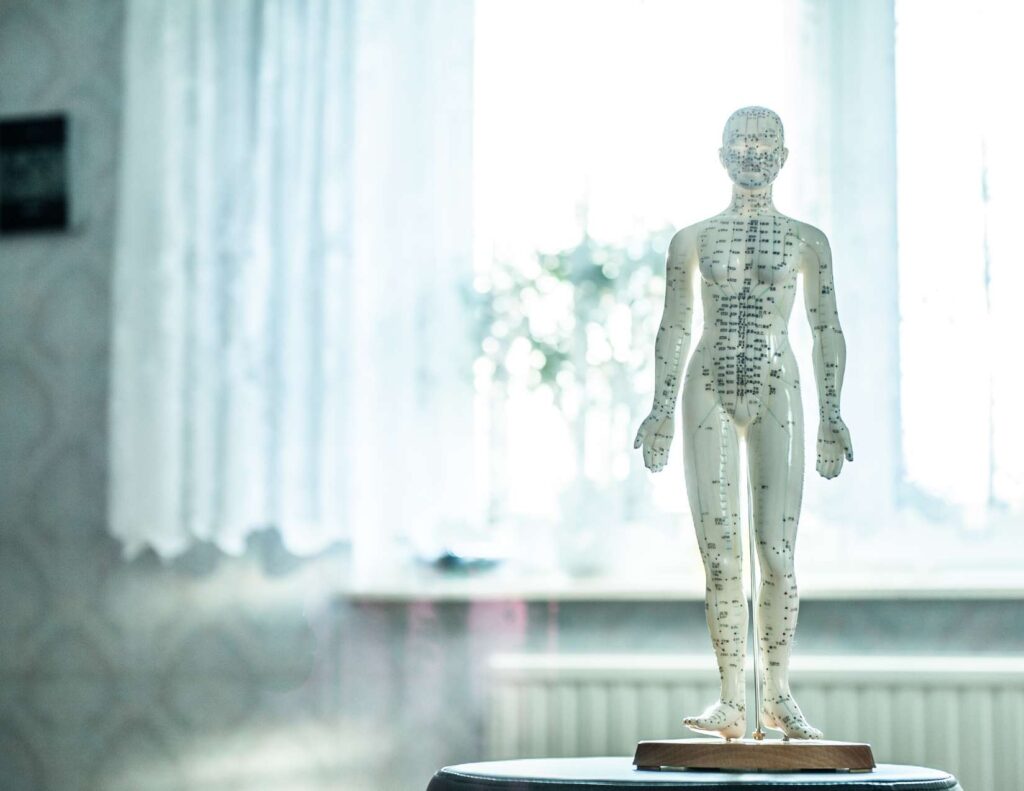
Other forms of alternative medicine to explore
- Massage Therapy: Gua sha is a form of massage therapy that can help with stiffness, soreness, and other ailments.
- Herbal Medicine: Herbal medicine is the use of plants or plant extracts to treat medical conditions.
- Yoga & Meditation: Yoga and meditation are both calming activities that can provide physical, mental, and emotional benefits.
- Aromatherapy: Aromatherapy is the practice of using essential oils to improve physical, emotional, and spiritual health.
- Acupressure: Acupressure is an ancient form of healing that involves applying pressure to specific points on the body.
- Ayurveda: Ayurveda is an ancient Indian system of healing that uses diet, lifestyle, and herbal remedies to restore balance in the body.
- Tai Chi & Qi Gong: Tai chi and qi gong are both traditional Chinese forms of exercise that combine physical movements with
- Chiropractic: Chiropractic is a holistic health treatment that focuses on the musculoskeletal system and its connection to the nervous system.
Taking a holistic approach can be used to help reduce stress, improve flexibility, and promote overall health. Using techniques such as massage, yoga, meditation, and aromatherapy can help promote relaxation and wellness. Additionally, herbal supplements such as ginseng and licorice root can be taken to improve energy levels and balance hormones. Finally, incorporating lifestyle changes such as proper nutrition and regular physical activity can also help to reduce stress levels and improve one’s overall sense of well-being.
Conclusion
Learning how to prepare for acupuncture is the best way to maximize the benefits of this ancient healing practice. By taking the time to prepare mentally and physically, you can enhance the effectiveness of your treatment and create a more comfortable experience. From practicing relaxation techniques to choosing the right attire, each aspect of preparation plays a significant role in the overall outcome of your acupuncture session. Remember to communicate openly with your acupuncturist, set realistic expectations, and be patient as you embark on this transformative journey.

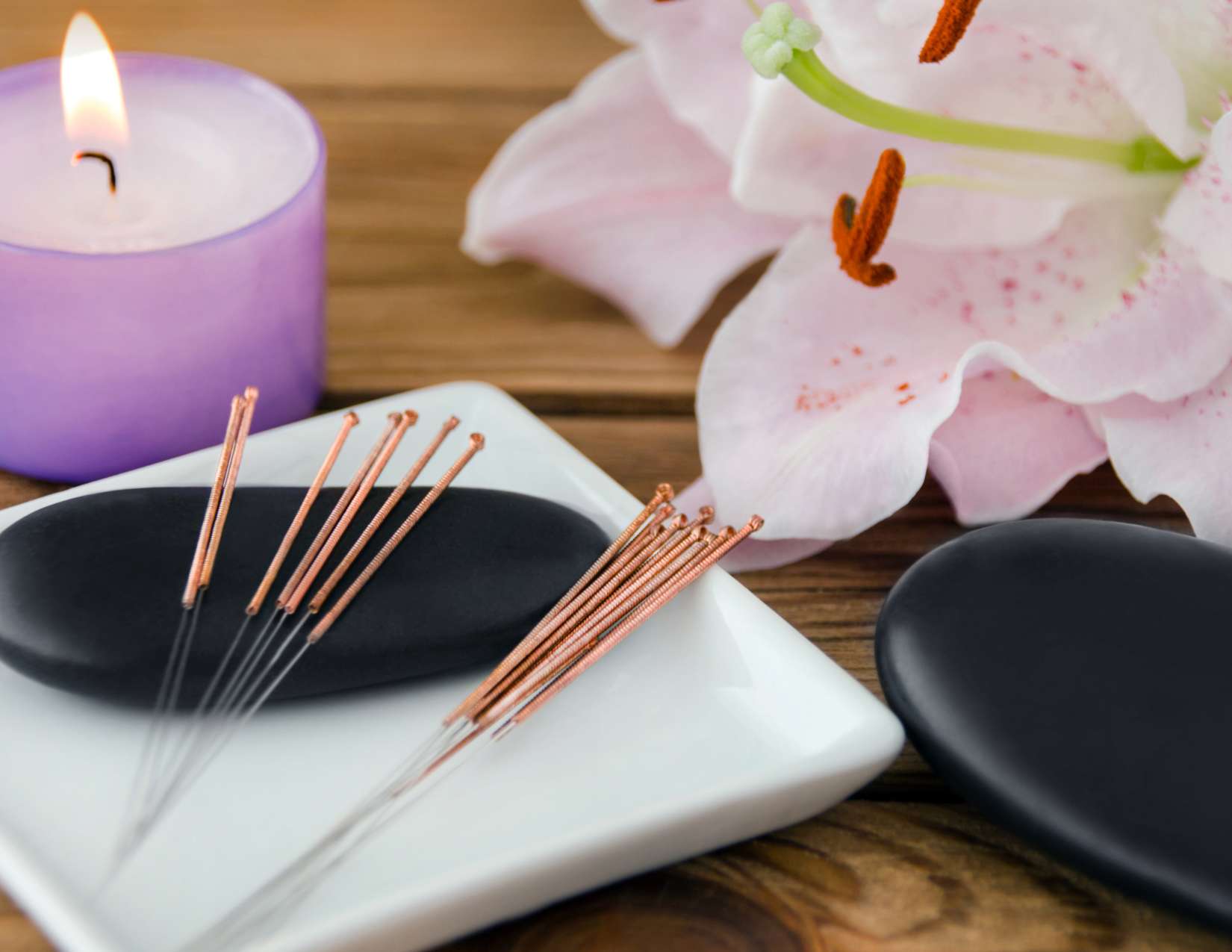






One Comment
Comments are closed.